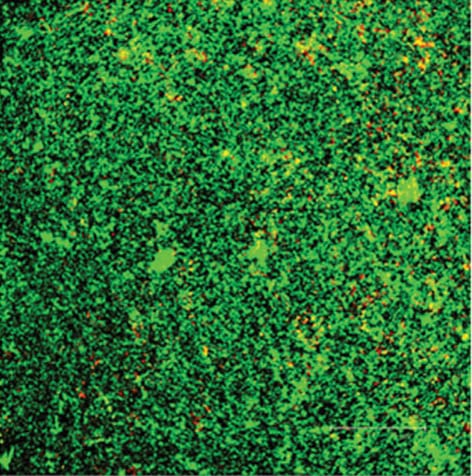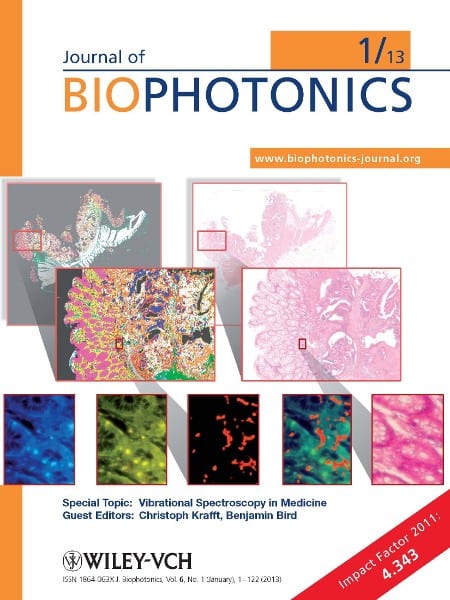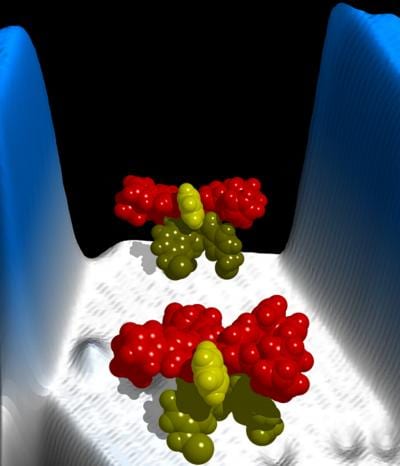Safety fears about carbon nanotubes have been alleviated following research showing that reducing their length removes their toxic properties.

UK’s National Graphene Institute scheduled for completion in early 2015
Will act as UK’s home of research into the world’s thinnest, strongest and most conductive material.
Shrinking manufacturing to the nanoscale
An industrial revolution on a minute scale is taking place in laboratories at The University of Manchester.

Functionalised coatings to fight biofilms
Researchers have reported the production of a new eDNA-degrading coating of DNase I, which prevents microbial adhesion and biofilm formation.

Vibrational Spectroscopy in Medicine
A new special issue covers recent efforts in the rapidly expanding field of biomedical vibrational spectroscopy.
More sensitive electrochemical sensors from graphene
Research findings could open up a new class of technologies with applications in medicine, chemistry, and engineering.
Stabilising drug delivery vessels
Researchers use whey protein to stabilise nanotransporter and control pH-dependent drug release.
SpaceX choose Netzsch as supplier of thermal analysis equipment
Instruments will be used to measure basic material properties of mission-critical systems.
Bioinspired polymer is steam powered
Polymer film developed in Langer lab could be used in artificial muscle and to power micro- and nanoelectronic devices.

First multipart molecular motor created by international research team
Study offers blueprint for creating machines at the nanoscale and is essential step towards new class of nanodevices.










